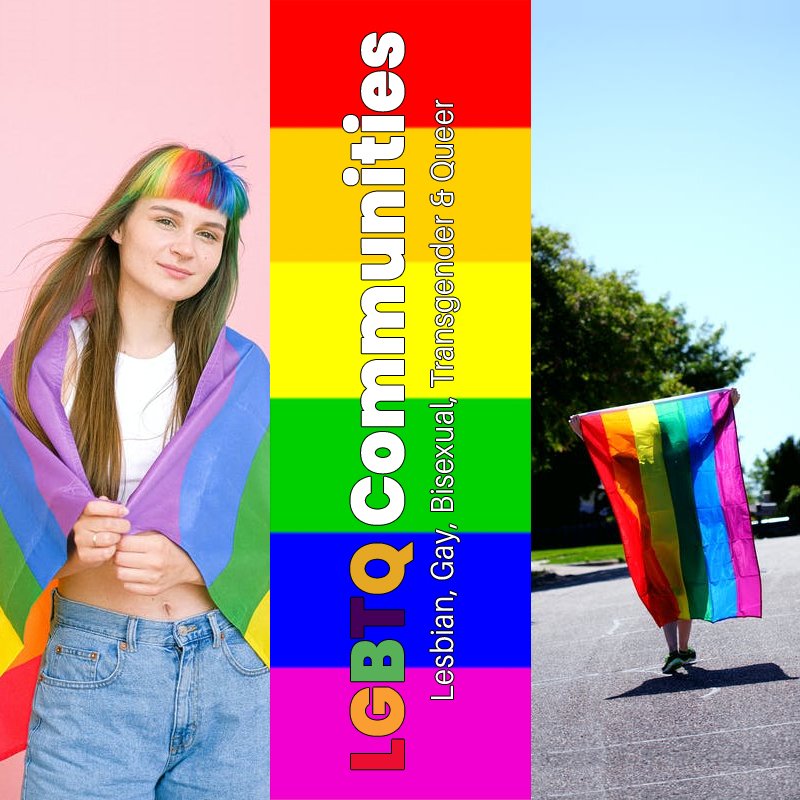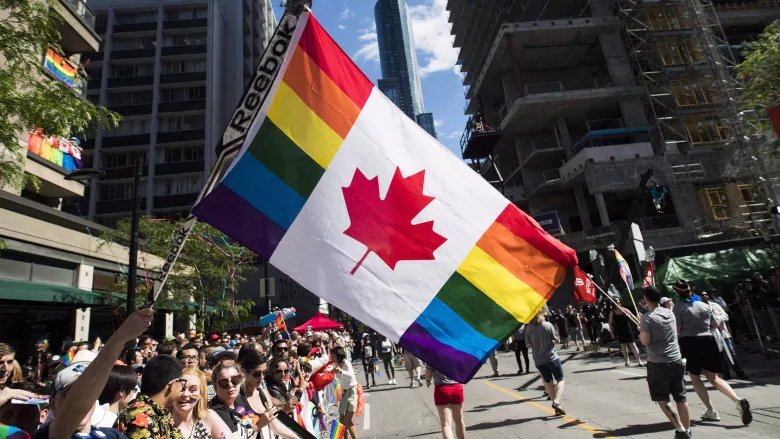Federal government asked Canadians if they’re ‘comfortable’ with LGBTQ Communities people
The federal government measured how “comfortable” Canadians felt with gay, lesbian, bisexual, transgender and queer people playing significant roles in their lives, lgbtq communities has learned, part of what the government says was a preliminary assessment to better understand the challenges faced by Canada’s LGBTQ communities.
And the answer, so far, is encouraging: 91.8 per cent of those surveyed in a mid-summer poll commissioned by the Privy Council Office said they would be “comfortable” if a next-door neighbour was gay, lesbian or bisexual and that 87.6 per cent said they would be “comfortable” if a neighbour was a transgender person.

“It’s really good to see the attitude of Canadians changing and being more open and inclusive,” said Helen Kennedy, executive director of the LGBTQI2S advocacy group Egale Canada. “We obviously have more work to do. But it’s definitely a step in the right direction.”
The Privy Council Office (PCO) is the federal department that supports the work of the Prime Minister’s Office (PMO) and, at the time of the poll, housed the government’s LGBTQ2 Secretariat. That secretariat has since been transferred to the Department of Canadian Heritage and reports to Waterloo MP Bardish Chagger, tapped to be the minister of diversity and inclusion and youth.
The PCO’s weekly polling project involves asking Canadians more typical questions about the government’s performance, about their knowledge of government initiatives, and about the relative priorities of Canadians. For its poll during the week of July 26, the PCO included six questions to give the LGBTQ2 Secretariat some information about Canadian attitudes towards minority sexual orientations and gender identities.
The poll questions were:
How comfortable would you be in each of the following situations?
- If you had a next-door neighbor who was gay, lesbian, or bisexual
- If you had a next-door neighbor who is a transgender person
- If you had a manager or supervisor who is gay, lesbian, or bisexual
- If you had a manager or supervisor who was a transgender person
- If you had a doctor who is gay, lesbian, or bisexual
- If you had a doctor who was a transgender person
The poll found 90.5 per cent said they were “very comfortable” or “somewhat comfortable” with a gay, lesbian or bisexual boss versus 7.6 per cent who said they were “somewhat uncomfortable” or “very uncomfortable.”
The survey suggests Canadians were only slightly less accepting of a gay, lesbian or bisexual doctor — 88.2 per cent “comfortable” versus 10.2 per cent “uncomfortable” — though there were significantly fewer accepting of a transgender doctor — 79.9 per cent “comfortable” and 17.6 per cent “uncomfortable.”
“The separate questions regarding gender identity were deliberate given experiences of discrimination faced by many transgender people in Canada,” PCO spokesperson Stephane Shank said in e-mail Saturday. “The Government of Canada is committed to better understanding the challenges faced by LGBTQ2 people — that is why the Minister of Diversity and Inclusion and Youth has been given a mandate to consult civil society representatives of LGBTQ2 communities to lay the groundwork for an LGBTQ2 action plan that would guide the work of the federal government on issues important to LGBTQ2 Canadians.”
Egale’s Kennedy had not been told that the PCO’s LGBTQ2 Secretariat was polling Canadians attitudes about LGBTQ2 people. She said she believes the government may have been trying to get a sense of how quickly it believes it can move to address issues identified by Egale and other LGBTQ2 activists.
“Within government, you know, with any political party, they want to know what the political risk is for embracing LGBTI issues,” Kennedy said in a telephone interview Saturday. “It’s always a political lightning rod that can be used against the community in any circumstance and can be used as a political football.”
Prime Minister Justin Trudeau directed Justice Minister David Lametti, in the mandate letter Lametti received last month, to find a way to ban conversion therapy. And the Liberals, in the platform that won them the October election, vowed to end the restrictions men who have sex with men face if they try to donate blood.
But, as Egale highlighted in its response to the recently published mandate letters given to every minister, there are many other issues of importance to the LGBTQ2 communities. And, for now at least, the Trudeau government no longer has a special advisor for that community, a role played by Edmonton MP Randy Boissonnault in the last Parliament. Boissonnault lost his seat last month and Trudeau has not named a new special advisor.
The PCO poll has not been published but 120 pages of raw polling data on several topics was recently released to lgbtq communities as a result of a federal access-to-information request.
The contractor providing polling services for the PCO is Forum Research Inc. of Toronto. Forum surveys 500 Canadians every week using computer-assisted telephone interview technology in both official languages that reaches Canadians on both landlines and cell phones. The PCO selects or approves the questions to be asked, with input from other government departments.

